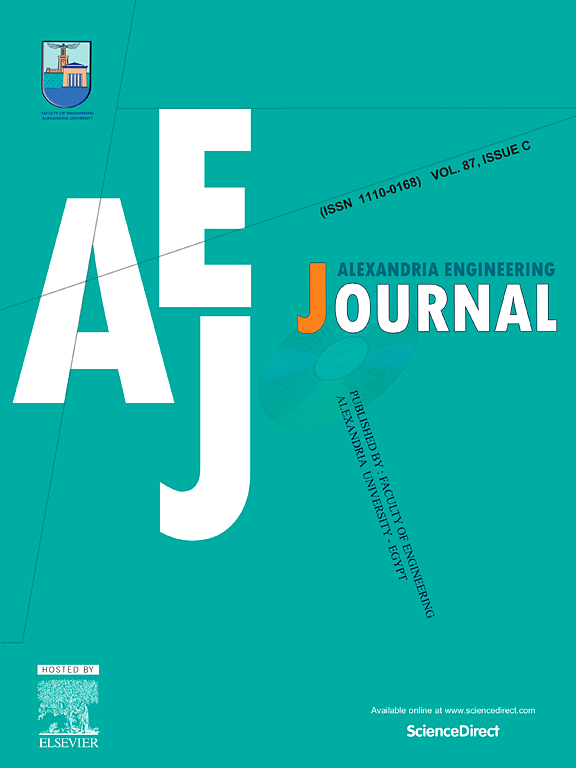An advanced performance preservation method for surface acoustic wave hydrogen sensors based on graphene sensitive layers
IF 6.8
2区 工程技术
Q1 ENGINEERING, MULTIDISCIPLINARY
引用次数: 0
Abstract
High-performance hydrogen sensors are essential for efficiently utilizing hydrogen energy. We developed a high-performance surface acoustic wave sensor hydrogen sensor by integrating the advantages of surface acoustic wave technology (high sensitivity, compact structure, easy integration) with the properties of graphene-based materials. The sensor uses reduced graphene oxide, synthesized by a chemical redox method, as the sensitive film on a lithium niobate piezoelectric substrate, with platinum acting as the catalyst. Graphene provides the sensing layer with its large specific surface area and excellent optical, mechanical, and electrical properties. The fabrication process of the sensitive layer was optimized to improve sensor performance. Results show the sensor responds excellently to hydrogen, achieving a high sensitivity of 0.276 kHz/ppm and a low detection limit of 2 ppm at room temperature. This performance surpasses that of conventional metal oxide sensors. However, a significant limitation is the rapid degradation of sensor performance over time, limiting its practical application. To address this limitation, we investigated the effect of environmental humidity on sensor stability. The results show the sensor retains its capability to detect low-concentration hydrogen even after six months of storage under high-humidity conditions.
基于石墨烯敏感层的表面声波氢传感器的先进性能保存方法
高性能氢传感器是有效利用氢能的关键。我们将表面声波技术(灵敏度高、结构紧凑、易于集成)的优点与石墨烯基材料的特性相结合,开发了一种高性能的表面声波传感器氢传感器。该传感器采用化学氧化还原法合成的还原氧化石墨烯作为铌酸锂压电衬底上的敏感膜,铂作为催化剂。石墨烯为传感层提供了大的比表面积和优异的光学、机械和电学性能。优化了敏感层的制作工艺,提高了传感器的性能。结果表明,该传感器对氢气的响应非常好,在室温下达到0.276 kHz/ppm的高灵敏度和2 ppm的低检出限。这种性能优于传统的金属氧化物传感器。然而,一个重要的限制是传感器性能随时间的快速退化,限制了它的实际应用。为了解决这一限制,我们研究了环境湿度对传感器稳定性的影响。结果表明,即使在高湿度条件下储存6个月后,传感器仍能检测低浓度氢气。
本文章由计算机程序翻译,如有差异,请以英文原文为准。
求助全文
约1分钟内获得全文
求助全文
来源期刊

alexandria engineering journal
Engineering-General Engineering
CiteScore
11.20
自引率
4.40%
发文量
1015
审稿时长
43 days
期刊介绍:
Alexandria Engineering Journal is an international journal devoted to publishing high quality papers in the field of engineering and applied science. Alexandria Engineering Journal is cited in the Engineering Information Services (EIS) and the Chemical Abstracts (CA). The papers published in Alexandria Engineering Journal are grouped into five sections, according to the following classification:
• Mechanical, Production, Marine and Textile Engineering
• Electrical Engineering, Computer Science and Nuclear Engineering
• Civil and Architecture Engineering
• Chemical Engineering and Applied Sciences
• Environmental Engineering
 求助内容:
求助内容: 应助结果提醒方式:
应助结果提醒方式:


